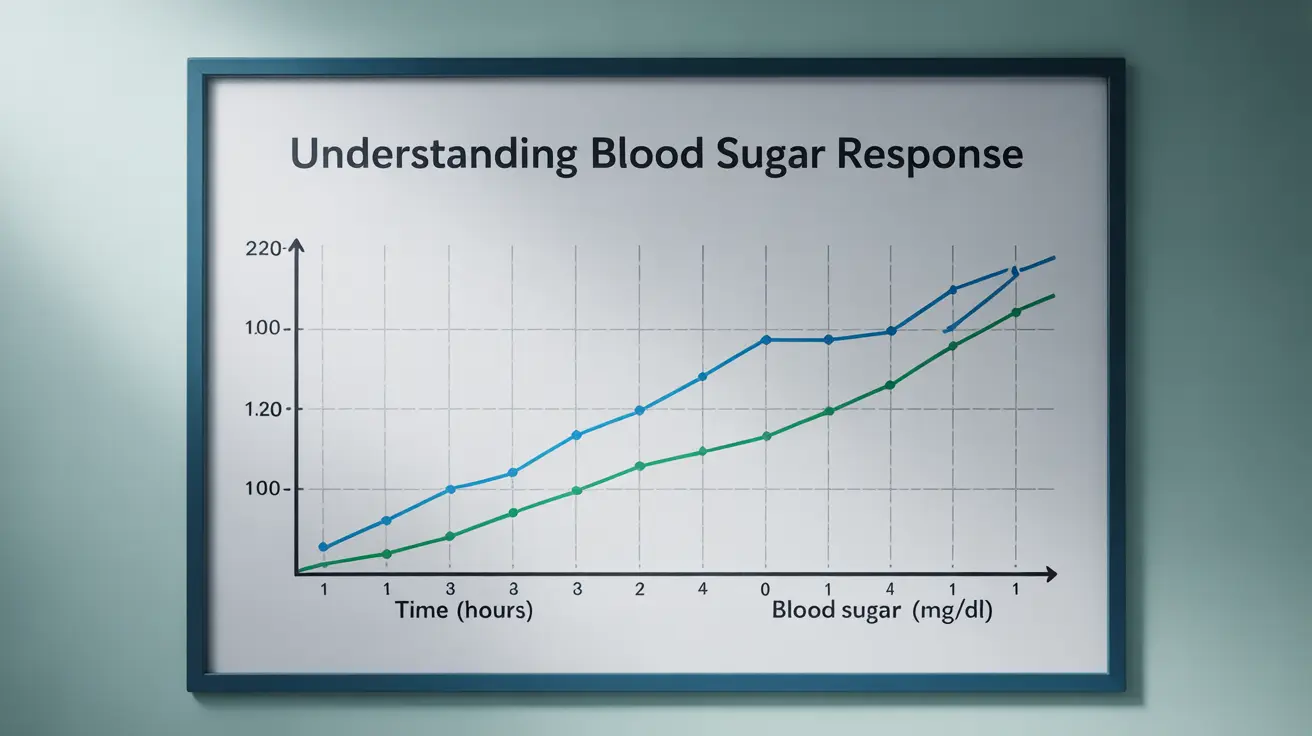GetLabTest News
Symptom Analysis
Interpreting Test Results
Diseases & Symptoms
Health Queries Answered
All
Latest
Thyroid Cancer Recurrence: Understanding the Risks and Warning Signs
Explore the risks and warning signs of thyroid cancer recurrence. Understand how to monitor and what to look for for better health outcomes.

Discover how side planks boost core strength and stability. Learn proper form, benefits, and variations.
Health Queries Answered
min read

Discover how the FeNO test aids in asthma diagnosis and management by assessing airway inflammation efficiently.
Interpreting Test Results
min read

Explore hormonal vs non-hormonal birth control options and choose the best method for your lifestyle and health needs.
Health Queries Answered
min read

Discover what normal blood sugar 1 hour after eating means and how to manage your levels for optimal health.
Interpreting Test Results
min read
